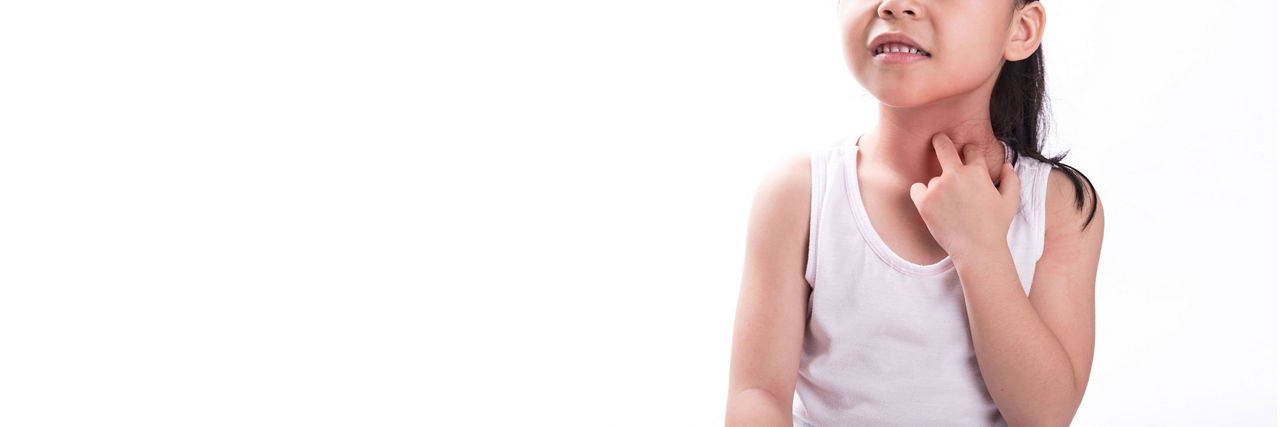How genes can influence allergies
If either you or your partner has an allergy, there is a risk that your child will develop it too1. There is a genetic link known as atopy, where the risk of allergy is passed on through families. Read on to find out more.
How likely is it that your child will develop an allergy?
Allergic conditions such as asthma, eczema, hay fever and food sensitivities are fairly commonplace, with most of us knowing someone who suffers from them or even suffering from one ourselves.
According to Malaysian Allergy Prevention Guidelines, a child with one or more first degree family members with allergies shows a higher risk of developing allergies2.
This genetic link is known as atopy and, by considering any existing allergies in your family, you can establish a level of risk for your child. For example, the chances of atopy are increased if one parent or sibling has an allergy – further still if both parents have an allergy. And if both parents have the same type of condition, the risk increases again. However, even if your child is atopic, there’s nothing to say that they’ll develop the same allergies as you and your partner. Instead they’ll more than likely inherit the tendency towards being allergic rather than developing a specific type of allergy.
While genetics are involved in causing allergies, it is also widely accepted that the environment we live in can influence the development of allergies from an early age. Children may be more sensitive to their surroundings and the things they come into contact with than older children, as they still have an immature immune and digestive system. So it’s worth considering the following steps to avoid triggering allergies from the very beginning:
1. Child skin care
A child’s skin is very delicate and sensitive and the natural oils on the surface are there to protect it. During early stage of child’s development, using just plain water to wash and clean your child’s skin or when you change their nappy is thought to help avoid skin problems. The British Association of Dermatologists also recommends avoiding products that may irritate the skin, such as soap, detergents and wool3.
2. Clothing
In very rare cases the clothes your child wears may cause an allergy, but if they experience irritation from a fabric you put next to their delicate skin, it’s more likely to be caused by the clothes having been washed in a biological detergent. Opt for mild, non-biological detergents instead and make sure you wash any new or second-hand clothes before dressing your child in them for the first time.
3. Air pollution
This doesn’t just mean the quality of the air outdoors. Your child will be breathing in all sorts of chemicals we use at home on a daily basis, so it’s a good idea to avoid perfumes, deodorants, hairsprays and cleaning products in your child’s room. Cigarette smoke should always be avoided too and no family members or visitors should smoke near a child.
In all allergy cases, early diagnosis and treatment makes managing the symptoms easier. So if you think your child has an allergy you should see your doctor for advice.
In short, some ways to help minimise allergy symptoms:
- Wash your child’s clothes in non-biological detergent
- Avoid using cleaning fluids or perfumes in your child’s room
- See your General Practitioner for an early diagnosis
References:
1. American Academy of Allergy Asthma & Immunology. (n.d.). Prevention of Allergies and Asthma in Children. Retrieved from https://www.aaaai.org/conditions-and-treatments/library/allergy-library/prevention-of-allergies-and-asthma-in-children
2. Malaysia Allergy Prevention (MAP) Guidelines for Healthcare Professionals. 2014. Appendix 2: Family History of Allergies & Risk Grading, page 26.
3. British Association Of Dermatologists. (2004). Atopic Eczema. Retrieved from http://www.bad.org.uk/shared/get-file.ashx?id=69&itemtype=document


